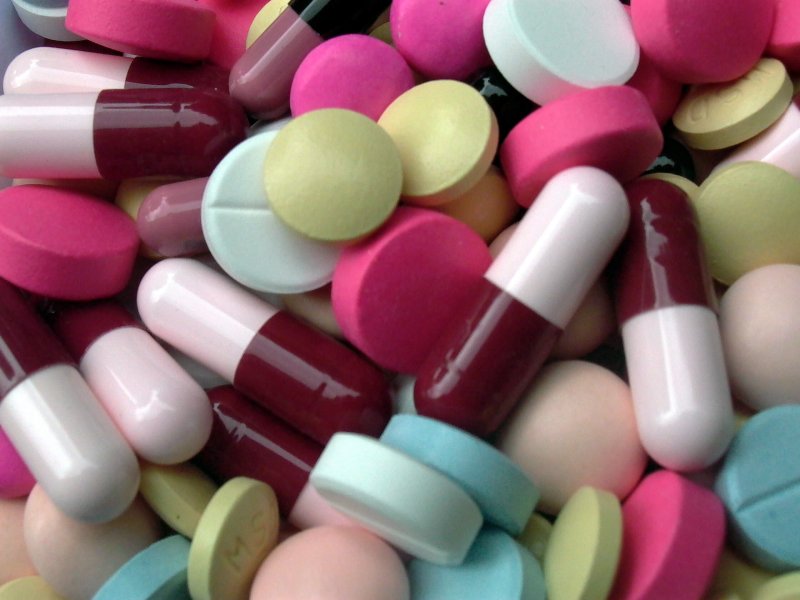Antibiotics have ended untold human misery by curing bacterial infections, yet we are losing these wonder drugs. New Scientist has reported on the rise of antibiotic-resistant bacteria for years.
Missing Microbes by Martin Blaser is partly about that. But it is mainly a story you may not know, about the damage antibiotics do when they actually work. There have already been reports that antibiotics may cause obesity by disrupting gut bacteria that play a role in nutrition. Farmers use antibiotics to fatten livestock; we’re not so different, it seems. This book explains that such microbial disruption is widespread, often irreversible, and surprisingly damaging.
Antibiotics may also have made us taller. And by disrupting immune reactions, they may be involved in modern plagues such as diabetes, allergies, some cancers, maybe even autism.
Read the full, original story: Why antibiotics are WMDs to our bodies’ microbes































